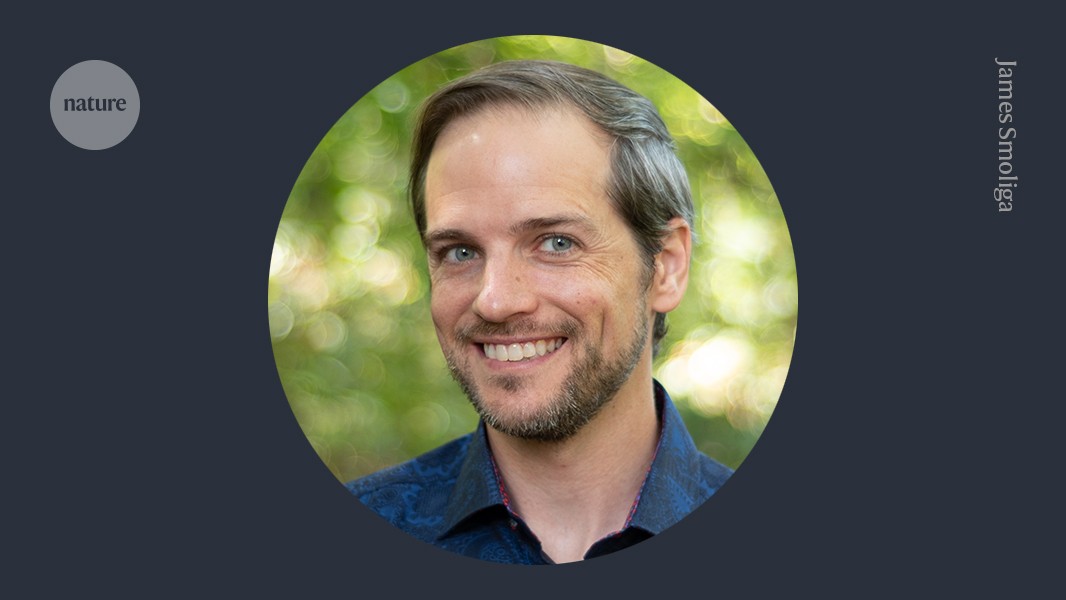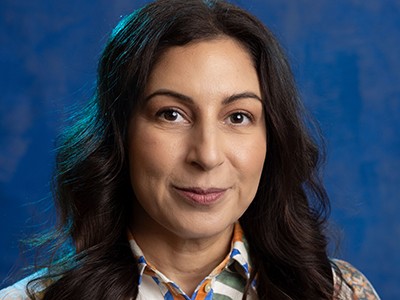One morning in 2014, a colleague asked whether I’d seen a new study linking concussion risk to altitude exposure. The work was part of a package of evidence promoting a device to prevent concussion in contact sports. I’m not a concussion researcher, but having trained in sports medicine, I felt that the scientific claims being put forward to justify using this device were implausible.
Colleagues agreed with my opinions, but were too busy with their duties to challenge the claims. So, I stepped away from my own research to do so. I collaborated with The New York Times on an investigation, and published papers showing that some of the work cannot be replicated.
Move beyond ‘publish or perish’ by measuring behaviours that benefit academia
Since then, I’ve responded to other issues that I view as being of urgent public interest — ranging from rapidly producing mpox guidance for athletes during a disease outbreak, to promptly writing a detailed analysis countering claims that the collapse, in 2023, of the American-football player Damar Hamlin was related to the COVID-19 vaccine.
I think it’s crucial that more academics get the chance to take this path, free from a rigid research agenda.
Robust scientific progress requires not only original research, but also rigorous validation of findings, their adoption across disciplines and effective communication. Yet the dominant model of academic science is to secure grant funding, generate results and then get more funding. With promotions and career progression depending on this cycle, it can be hard to justify spending time on extracurricular projects. Instead of expecting agenda-focused laboratory heads to take on these tasks as side projects, as is often the case, universities should employ people who have complete scholarly autonomy to specialize in them.
I’m fortunate that my department has an educational track that supports scholarship outside of conventional research agendas. My position provides dedicated time for scholarly work and the flexibility to pursue interdisciplinary questions as and when needed. Grants are treated as a tool to support projects when required, rather than as the hallmark of success. I can choose which issues to pursue — or stop pursuing — at will. Peer-reviewed publications are central, but the scholarly value of rigorous work disseminated through public communication and research-integrity efforts is also recognized.
Will AI speed up literature reviews or derail them entirely?
I suspect that few other researchers have the same latitude. Yet research institutions would benefit from employing agenda-free scholars. These people are well placed to connect and integrate findings across disciplines, populations and methodologies, revealing connections, contradictions and redundancies between fields and thereby increasing research efficiency — work that is often undervalued in decisions about tenure and promotion. Some might think that principal investigators, as experts in their fields, are better placed to synthesize and contextualize research. But expecting one person to manage many responsibilities risks diluting their effectiveness in each.




